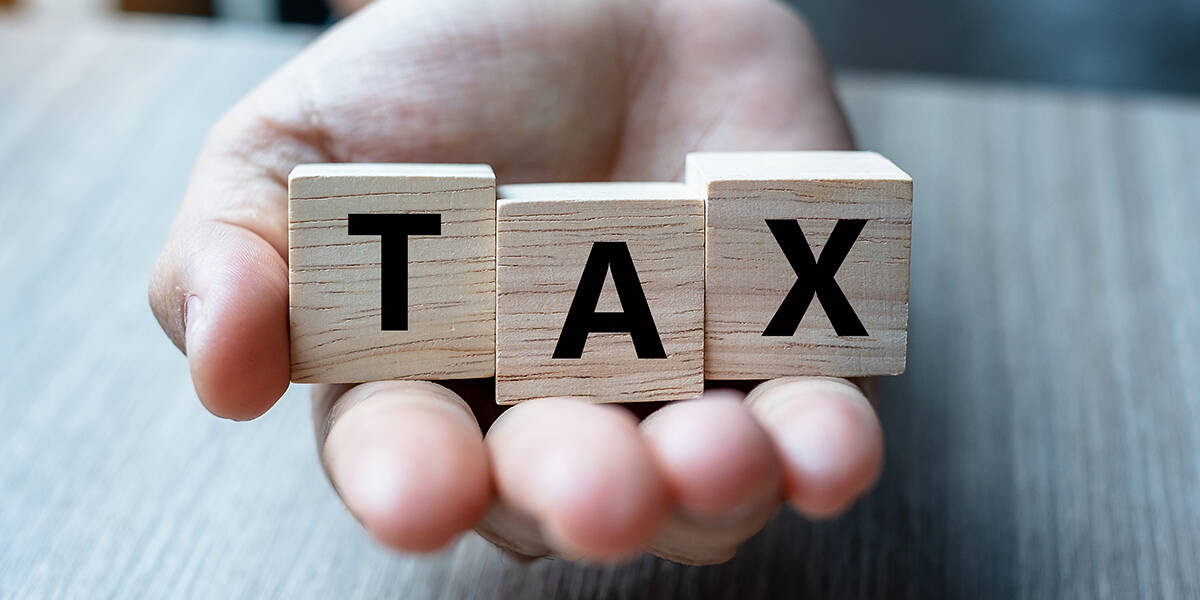

Hong Kong is a great location to site a business, especially when looking to break into the Asian Market. Nonetheless, before starting a business in Hong Kong, there are certain things you will need to know regarding important business functions like accounting.
One of the most important things you will need to know before starting a business in Hong Kong is the accounting standards. To help make the process easier, this article will discuss what business owners need to know about HK accounting standards.
What Are The Hong Kong Accounting Standards?
From the name, it is clear that the Hong Kong accounting standards have to do with the regulation of accounts of businesses and government in Hong Kong. Hong Kong accounting standards refers to the regulations that determine how all financial transactions are recorded in the country.
Locally, the Hong Kong Accounting standards are known as the Hong Kong Financial Reporting Standards (HKFRS), which is managed by the Hong Kong Institute of Certified Public Accountants (HKICPA).
All financial terms and transactions are defined according to the Hong Kong accounting standards. Moreover, for a company to be incorporated and operate within the country, it will need to do so according to the Hong Kong accounting standards.
In simpler terms, the Hong Kong accounting standards are the rules that govern all transactions relating to finance within the country.
What Are The Objectives of Hong Kong’s Accounting Standards?
The Hong Kong accounting standards are designed to mirror the International Financial Reporting Standards. The main objective of the Hong Kong Accounting standards is to ensure accuracy and fairness when it comes to the financial reports of companies.
In keeping with this, the Hong Kong accounting standards:
- Establish the minimum amount of financial transactions that are to be reported.
- Help to identify, quantify and state disclose requirements for all general-purpose financial statements.
- Help to standardize and provide guidelines for what is popularly known as ‘true and fair’ financial reports.
Why Do Companies Need To Follow The Hong Kong Accounting Standards?
By standardizing the financial records of all the companies in Hong Kong, any interested parties can easily learn about your company and its financial records. Shareholders, Auditors, investors, and many other parties can easily make decisions regarding your company.
From buying stock to investing in your company, these decisions are made easier with a standardized financial record.
The only problem with the Hong Kong accounting standards is that there are too many of them. With over 50 accounting standards in place, each one is directly related to specific parts of a company’s finances.
The Financial Reporting Standard (SME-FRS) is also issued by the HKICPA and applies to certain companies. Another such standard is the Hong Kong Financial Reporting Standard for Private Entities (HKFRS for Private Entities).
The HKFRS has been in effect since 2010 and is specifically for private companies lacking public accountability.
To prevent any legal problems, you need an expert to help you identify which accounting standards apply to your company. Premia TNC can help you identify the accounting standards applicable to your company and help to apply them.
Are There Companies Exempt From Following The Hong Kong Accounting Standards?
As with most other accounting standards, there are specific companies that will need to follow the Hong Kong accounting standards. These include:
- Companies registered in Hong Kong
- Private Limited Companies, Sole proprietorships, and Partnerships
Once your company falls into any of the above criteria, then you are required to follow the Hong Kong accounting standards.
Most notably, SMEs (Small and Medium-sized Entities) are exempt from the Hong Kong accounting standards and are required to follow other standards instead. The criteria for a company to be considered an SME are as follows:
- Small private company: A maximum annual revenue of 100 million HKD, a total asset value of 100 million HKD, and 100 employees.
- Small guarantee company: A maximum annual revenue of 25 million HKD
- Larger eligible private companies: A maximum annual revenue of 200 million HKD, a total asset value of 200 million HKD, and a maximum of 100 employees.
Documents Needed To Comply With The Hong Kong Accounting Standards
It is important to ensure you have all the necessary documents to ensure you can comply with the Hong Kong accounting standards. The required documents include:
- Financial statement for the relevant period.
- Profit and Loss statements along with other relevant income for the relevant period.
- Equity changes statement for the relevant period.
- Cash flow statement for the relevant period.
- Documents showing all the relevant accounting policies, and detailed explanations.
How We Can Help Your Company Comply With The HK Accounting Standards
Incorporating and operating a business in Hong Kong will require you to comply with all financial requirements and accounting matters. The Hong Kong accounting standards are mandatory for most companies to operate in the country.
With a standardized accounting standard, it is easier to understand the progress of your business and compare with your competitors.
While working with these rules can be challenging, Premia TNC can help you understand and comply with the Hong Kong accounting standards. This way, you can focus on other important aspects of your business.
HK Accounting Standards – Frequently Asked Questions
How is accountancy regulated in Hong Kong?
The regulatory body for accounting in Hong Kong is the Hong Kong Institute of Certified Public Accountants (HKICPA).
Currently, there are 41 different accounting standards and a further 17 financial reporting standards, all dedicated to regulating accounting. Each standard may have different requirements, but they usually require financial documents.
Are any companies exempt from the Hong Kong accounting standards?
Yes, there are companies that do not need to comply with the Hong Kong accounting standards.
Typically, SMEs are the most obvious exemptions, but some other companies can also qualify. Premia TNC can help you realize your company’s status and identify whether or not you are exempt from the Hong Kong accounting standards.
What is the penalty for not filing annual returns in Hong Kong?
Failure to file your company’s annual return will see you prosecuted and will likely attract fines. The prosecution can apply to anyone of reputable standing in the company and is not just limited to the director or owner alone.
Each time you fail to file the annual tax returns, it attracts a fine of 50,000 HKD with an added 1000 HKD for every day afterward.

premiatnc
View All BlogsRelated Posts
May 16, 2024
The Future of Retail: The Rise of the Hong Kong E-Commerce Market
In recent years, the landscape of…
April 18, 2024
Initiating Maximum Returns with Hong Kong Tax Incentives
Hong Kong, renowned for its dynamic…
April 15, 2024
Trademark Registration In Hong Kong: What You Should Know
Trademark registration in Hong Kong…




